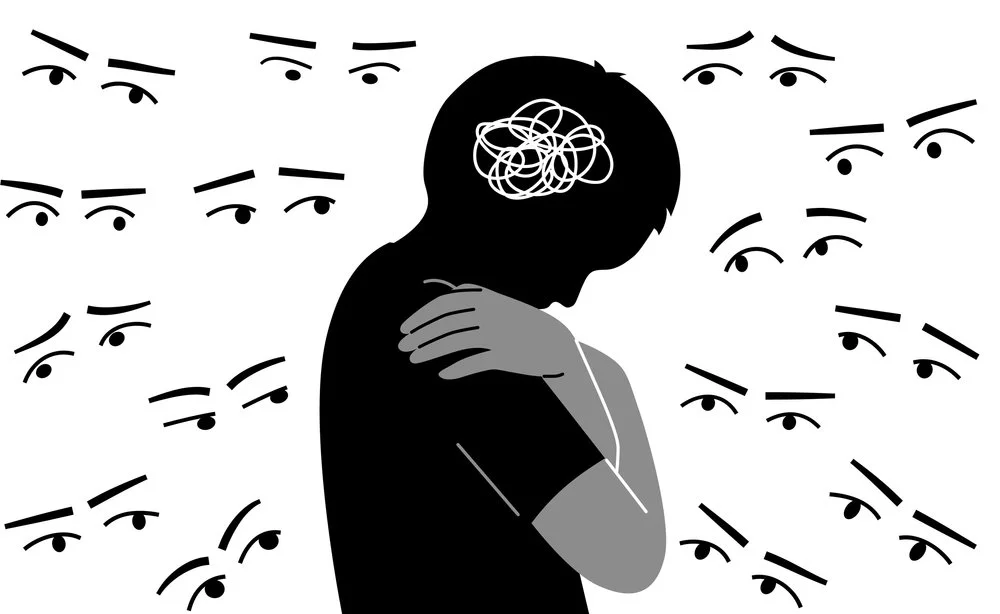Therapy for Men - Breaking the Stigma to a Path to Mental Well-Being
Therapy for Men - Breaking the Stigma to a Path to Mental Well-Being
For generations, men have been taught to keep their emotions tucked away—to stay strong, stay quiet, and never let anyone see the cracks. Vulnerability was treated like a liability, and asking for help was often interpreted as weakness. But the truth is this: men struggle, too, and pretending otherwise has caused far more harm than good.
Today, more men are stepping into therapy than ever before—not because they’re failing, but because they’re finally giving themselves permission to be human.
This shift isn’t just cultural. It’s personal.
And it’s long overdue.
The Silent Pressure Men Carry
Many men grow up hearing messages like:
“Don’t cry.”
“Handle it.”
“Be a man.”
“Figure it out yourself.”
These phrases may sound harmless, but over time, they teach men that emotions are dangerous, shameful, or signs of weakness. So instead of expressing fear, sadness, loneliness, or stress, many men swallow those feelings until they become:
Anger or irritability
Withdrawal or isolation
Numbing through work, screens, substances, or hobbies
Relationship conflict
Burnout and exhaustion
The pressure to “hold it all together” is immense. Therapy offers men something they rarely get anywhere else—a place where they don’t have to.
Why Men Benefit From Therapy (More Than They Realize)
1. Therapy Helps Men Name What They Feel
Men are often socialized to identify only two emotions: anger and “fine.” Therapy expands emotional vocabulary, helping men identify stress, disappointment, fear, resentment, grief, or hurt with clarity.
Understanding emotions is the first step toward managing them.
2. Therapy Improves Communication and Relationships
Partners often want connection, honesty, and vulnerability—but men aren’t always taught how to express those things safely. Therapy equips men with tools to:
set boundaries
communicate needs directly
resolve conflict without shutting down
deepen intimacy and connection
These shifts strengthen relationships at home and work.
3. Therapy Reduces Isolation
Men frequently carry burdens silently because they don’t want to “be a bother” or “make it a big deal.” In therapy, they realize:
You don’t have to carry it alone—and you never should have had to.
4. Therapy Supports Physical Health
Stress and emotional suppression take a physical toll. Men often experience:
chest pain
headaches
muscle tension
heart strain
sleep issues
fatigue
chronic health flare-ups
Healing emotionally supports overall well-being.
5. Therapy Helps Redefine Strength
Strength is not silence.
Strength is not self-sacrifice.
Strength is not white-knuckling through pain.
Real strength is being self-aware, emotionally present, and willing to grow.
Therapy helps men redefine masculinity in ways that feel authentic—not inherited, imposed, or outdated.
Why Stigma Still Gets in the Way
Even with growing awareness, many men still hesitate to reach out. Common fears include:
“I don’t want to look weak.”
“My problems aren’t serious enough.”
“Other people have it harder.”
“I should be able to fix this myself.”
“I don’t even know where to start.”
These thoughts are not personal failures—they are learned barriers. Therapy helps unlearn them.
Therapy Meets Men Where They Are—Not Where They’re “Supposed to Be”
Men often do well with therapy models that:
are practical
focus on problem-solving
normalize emotional learning
incorporate structure
combine insight with skill-building
Therapists trained to work with men know how to create a space that is:
direct
goal-oriented
safe
nonjudgmental
focused on empowerment
It’s not about forcing men to “talk about feelings.”
It’s about helping them understand themselves so life becomes easier, clearer, and healthier.
The Path Forward: Healing Is Not a Detour—It’s the Way Through
Choosing therapy isn’t admitting defeat. It’s taking control.
It’s choosing connection over isolation.
Healing over survival mode.
Growth over stagnation.
Men deserve mental and emotional well-being just as much as anyone else—and therapy is a powerful, accessible step toward that.
If you are in Carol Stream or the surrounding western suburbs, and you’re tired of carrying everything alone, therapy can help you rebuild your sense of self, strengthen your relationships, and stop the cycle of burnout and emotional suppression. At Prospering Minds Counseling, we offer a supportive, nonjudgmental space where men can talk openly, understand their emotions, and learn healthier ways to cope and communicate.
You don’t have to stay silent. You don’t have to figure it out alone.
Reach out today to schedule your first appointment—and start building a healthier, more grounded you.



